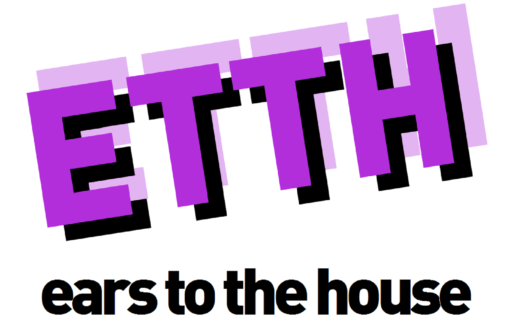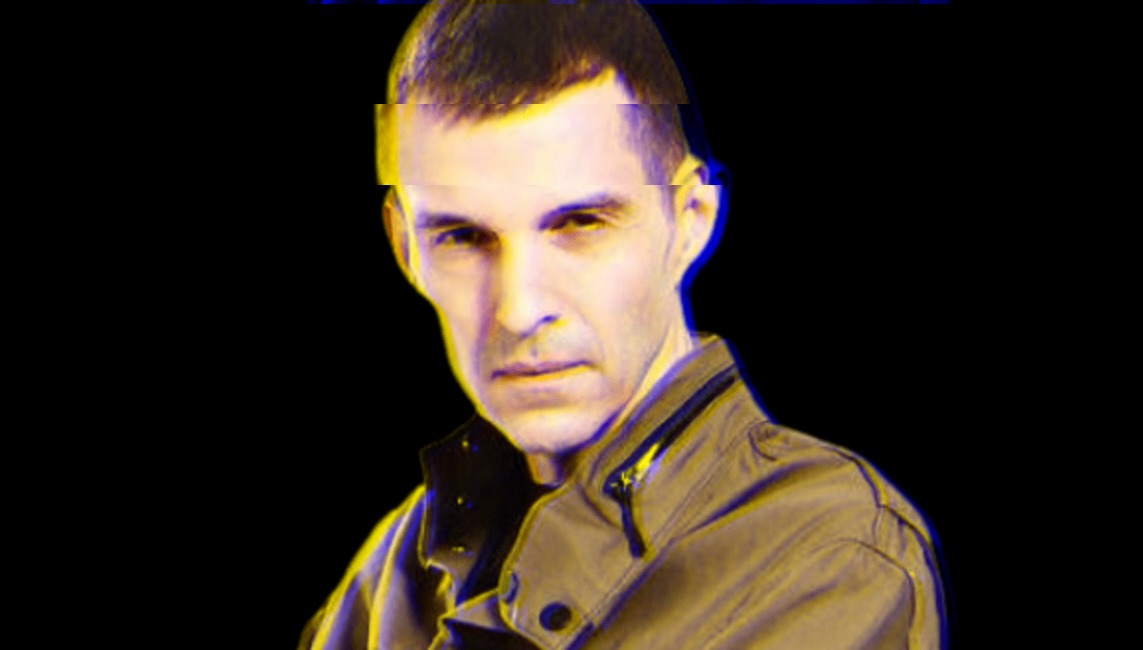During the week, yet more reports came out of the British music scene saying how awful things are for women and non-binary people. These reports aren’t wrong, either – dance music in the UK is very much a male dominated domain, just like it is in much of the world.
If you’re a woman in the dance music world, you are less likely to have your music supported on the radio, more likely to have your own drink spiked at a gig and more likely to have your music played if you feature alongside a man. Make no mistake – as much as Ears To The House loves dance music, this is a culture facing huge questions about safety and inclusivity.
One solution which has been proposed is inclusion riders – the idea being that male DJs demand they play alongside a woman or non-binary person. It has been mooted before – but what do the big name DJs think of this? Here, one of those DJs tells us exactly what he thinks – under a strict cloak of anonymity…
I’m a DJ of far more years standing than I care to remember. I remember the illegal raves of the 1980s because I was there. I remember the boom of the 90s because I was there. I remember all the times dance music was getting stale and had to reimagine itself. Put simply, I’ve seen a lot over the years, so I think I can offer a different perspective on things.
First though, a word about my decision to stay anonymous. This is a subject that divides a lot of people in dance music, and some of the people I work with would be quite angry with what I’ve got to say. But I think this is a legitimate point of view, and the dance press doesn’t seem to want to publish it.
I absolutely agree there should be more female DJs. Considering what the roots of this genre are, it should be a welcoming place to all. But it isn’t, hasn’t been for a long time – and if I’m honest, it’s possible it never was. Even in the summer of love of 1988, I only remember seeing one female DJ, and I remember that period well.
But inclusion riders are simply not the answer. I got to where I am today through sheer hard work. Like a lot of other DJs, I got into debt in the 90s. The reason? I was buying too many records and not making enough money. I had to get serious about what I was doing, and I had to do it fast. Otherwise, I simply wouldn’t be here now.
There are obviously a lot of women and non-binary DJs out there who will have been on the same journey as me – working long hours for not a lot of pay, sometimes wondering if it’s even worth carrying on. I’m high on the billing of a lot of events even these days, and I know plenty who also deserve to be up there with me too.
My fear, though, is inclusion riders won’t help this group of people as much as its backers think. If a contract says a male DJ can refuse a gig if he isn’t playing alongside a woman, what’s to stop the venue from putting on a female DJ who is, to put it politely, there to tick a box? What’s to stop the venue from paying me $15,000 for a gig and $1,500 to the other DJ in order to fulfill the contract?
And what kind of message would it send out to women? There would always be that concern in the back of your mind that you were only there as part of a box ticking exercise by promoters than because of your talent. I think that’s entirely wrong.
Far from making dance music more inclusive and welcoming, I suspect this could make misogyny and other problems in the scene even worse. In the already toxic online world, it wouldn’t take long before all women and non-binary DJs were tarred with the same brush, and that would be grossly unfair. Long term, inclusion riders could actually put off the very people this industry desperately needs from entering it.
I’m all in favour of diversity in the industry which I love. But this attempt to force it into place just won’t work, and could actually make the problem worse. So it’s safe to say I won’t be adding one to my rider anytime soon.
TOMORROW: the editor of Ears To The House puts a selection of questions to the DJ about his stance…





